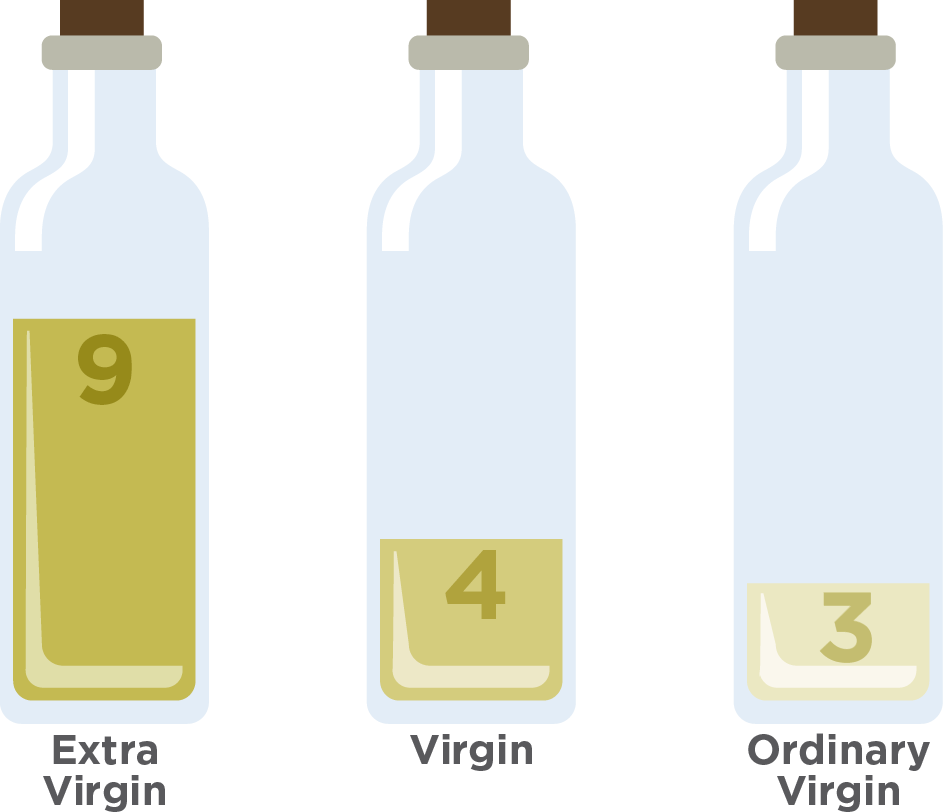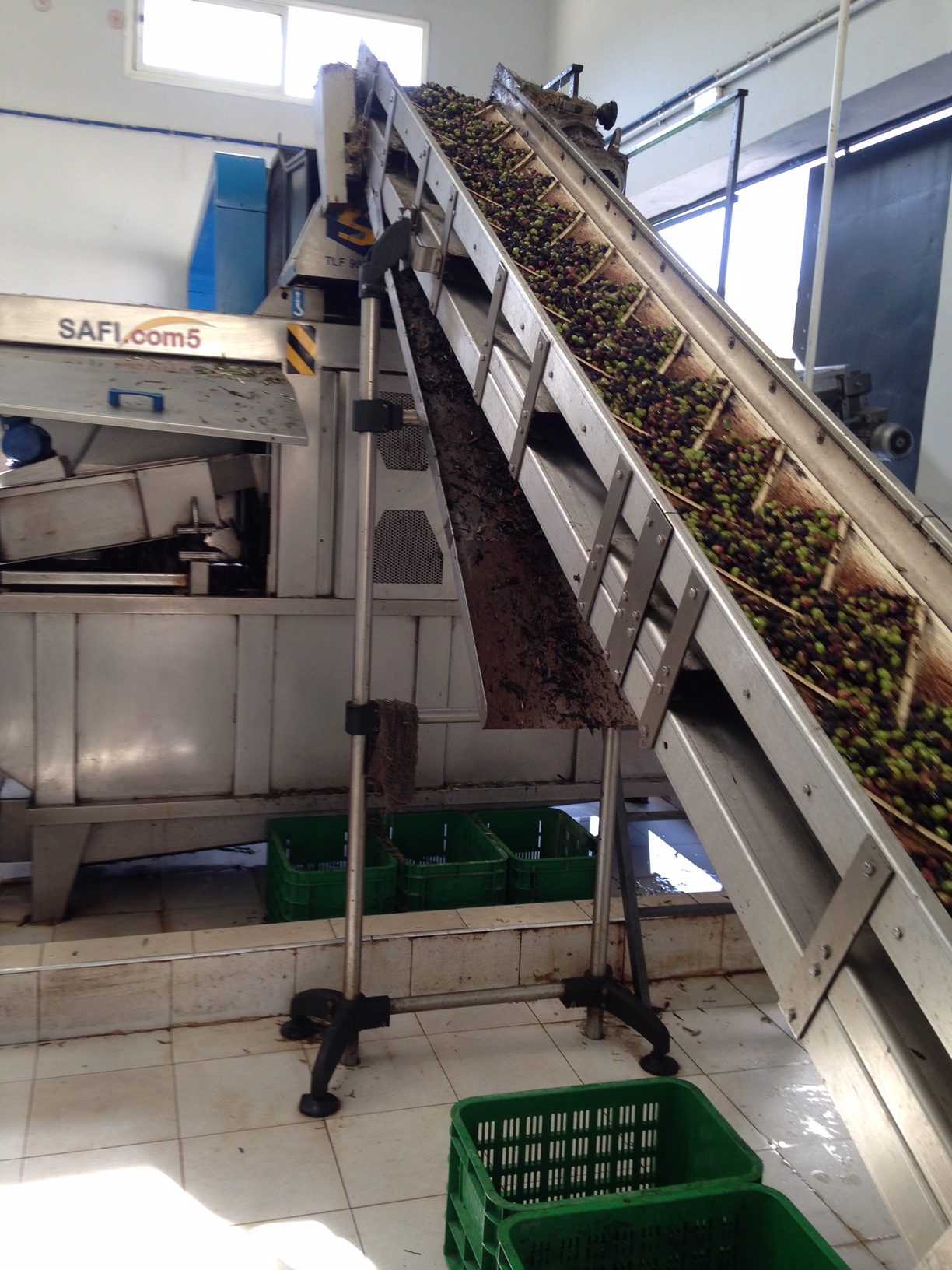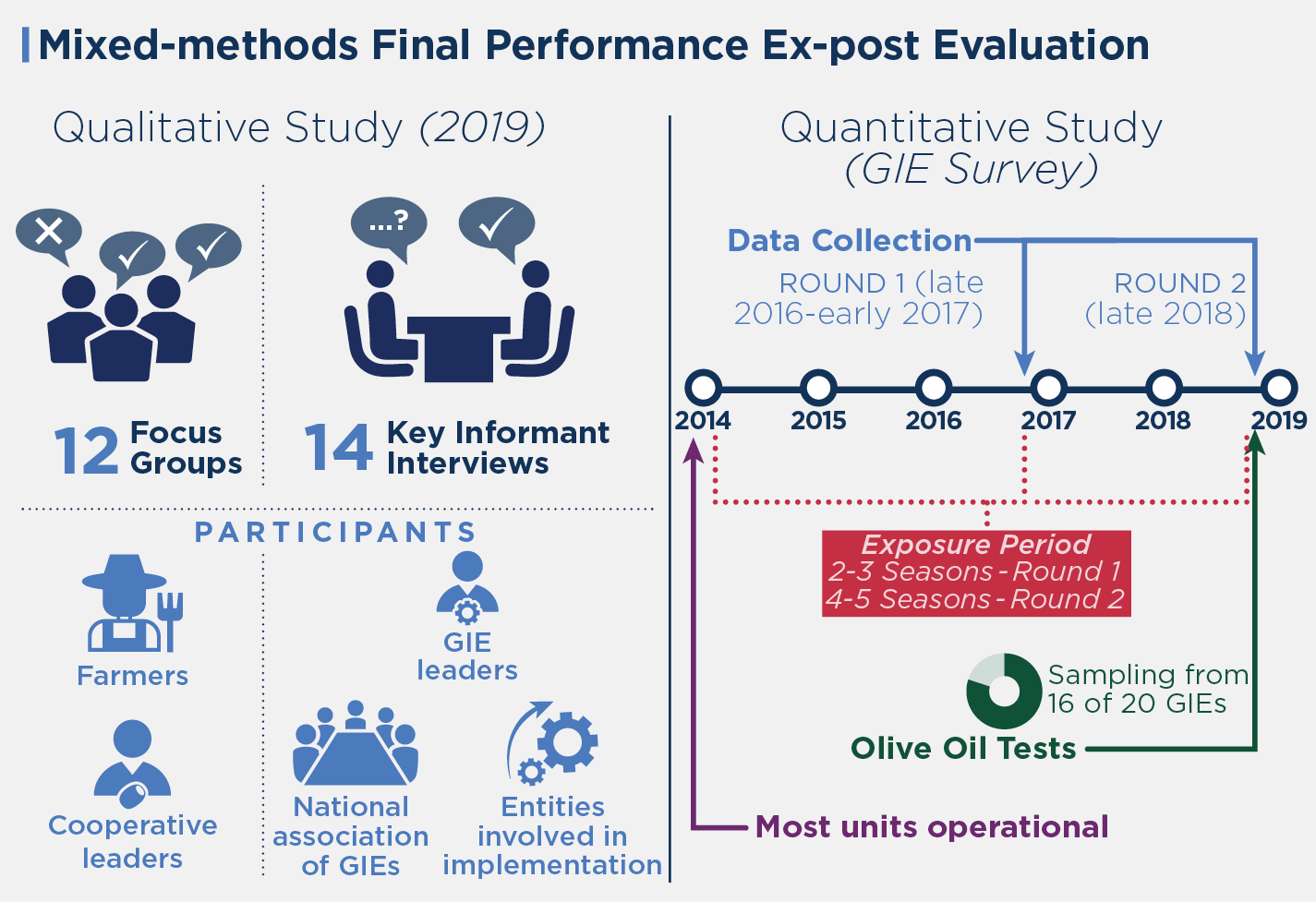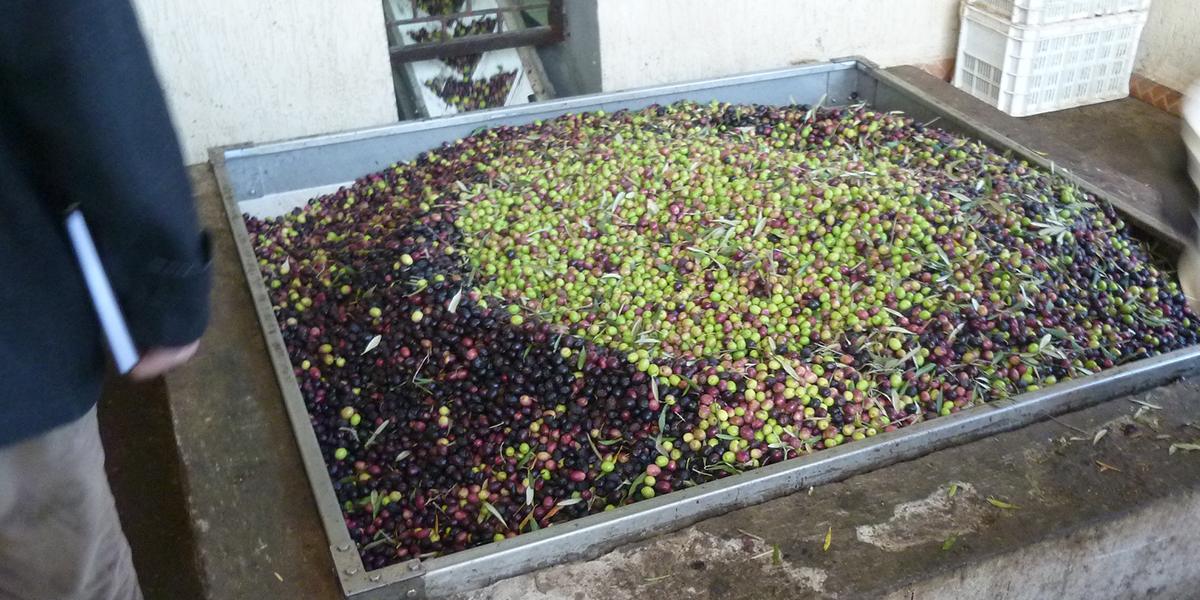Program Overview
MCC’s $650 million Morocco Compact (2008-2013) funded the $324 million Fruit Tree Productivity Project (FTPP), which included the Catalyst Fund Activity. This activity aimed to enhance the profitability of olive cultivation by partially funding the construction and provision of equipment to 20 modern olive oil processing units run by second-order producer organizations, also known as “cooperatives of cooperatives”. The increased revenues from commercializing high-quality olive oil through the GIEs aimed to contribute to increasing farmers’ incomes.
Evaluator Description
MCC commissioned Mathematica to conduct an independent final performance evaluation of these activities. Full report results and learning: https://data.mcc.gov/evaluations/index.php/catalog/202.
Key Findings
Processing unit operations and olive oil quality
- Farmers are reluctant to sell olives to the cooperatives of cooperatives (Groupements d’Intérêt Economique, or GIEs)because the GIEs lack working capital and are unable to pay them when olives are delivered.
- Most GIEs met extra-virgin olive oil standards based on chemical criteria, but a minority did not meet sensory-related criteria, which are rated by a trained tasting panel.
- GIEs have struggled to sell the oil they produce and have large volumes of unsold inventory, largely because of their high production costs and their lack of experience in marketing.
Benefits for farmers
- The GIEs have not yet substantively affected farmer income because they are operating at low capacity, have struggled to find profitable markets, and are still paying back loans. Farmers have, however, experienced modest monetary benefits from using crushing services at the GIE.
Sustainability
- To achieve financial sustainability, GIEs will have to repay their debts, find new markets, and secure working capital. GIEs would also benefit from attracting and retaining higher- quality staff—especially professional managers.
- Many stakeholders believe that the GIEs have already contributed to a new culture of quality among olive farmers.
Evaluation Questions
The final performance and impact evaluation answered questions on organizational change and procurement outcomes. Some of these questions were:
- 1
To what extent are the GIEs established by the Catalyst Fund operating as intended? To what extent are farmers participating in cooperatives that are members of the GIEs, and why? - 2
How did the Catalyst Fund processing units affect farmers’ revenues from olives, total agricultural revenues, and household income? - 3
Which international quality benchmark does the olive oil produced by the Catalyst Fund processing units meet? - 4
Have GIEs been able to identify new markets and obtain better prices for olive oil, and how have they done so? - 5
Have the new GIEs managed to repay the credit used to help fund the establishment of the new processing units? To what extent have they been successful in accessing and repaying additional short- and long-term credit to operate effectively? - 6
Are the Catalyst Fund processing units likely to be sustainable in the long run?
Detailed Findings
These findings build upon the Morocco Rain-fed sub-activity final evaluation published in 2015.
Processing unit operations and olive oil quality

Olive oil classification out of 16 samples
Most farmers require full payment from the GIEs for their olives up front, rather than waiting until selling the resulting oil. Short-term loans from Morocco’s agricultural bank were expected to serve as working capital to enable the GIEs to purchase olives from farmers, but these funds are often received too late in the season and have inconvenient conditions that make them unattractive to the GIEs. Overall, while there is substantial variation across GIEs in the amount of olives purchased for crushing, most are operating well below their capacity.
Most GIEs met extra-virgin olive oil standards based on chemical criteria, but a minority did not meet sensory-related criteria, which are rated by a trained tasting panel. Despite producing high-quality olive oil, GIEs have struggled to sell the oil and have large volumes of unsold inventory. Important barriers to selling the oil include non-competitive prices on domestic and export markets and a lack of a formal marketing strategy.
Benefits for farmers

Machine crushing olives at the GIE processing unit
None of the GIEs distributed profits to farmers in the 2017–2018 season, for three main reasons. First, the GIEs are operating well below capacity, limiting the volume of oil produced. Second, the GIEs have struggled to find markets to which they can sell their oil at attractive prices. Third, the GIEs have had to prioritize using profits to pay off the large initial loan used, in part, to establish the processing units.
Many farmers in the catchment area of the GIE pay the GIE to crush at least a portion of their olives for their use and have benefited from higher oil yields and oil quality compared to using other crushing units. Providing these crushing services is an important source of revenue for the GIEs, but it is not very profitable. The relatively few farmers who sell their olives to the GIE have benefited from free transportation of olives and other complementary services, an above-market price for high-quality olives, and fairer business dealings.
Sustainability
The long-term economic benefits of the GIEs depend on their ability to distribute profits, which would encourage farmers to engage with member cooperatives. To distribute profits, the GIEs will have to overcome their debt obligations, find attractive and reliable markets for their oil, and secure sufficient working capital. It might also be helpful for the GIEs to diversify their activities. Extending their typical operating season, for example, would enable them to access new revenue streams and help them attract and retain higher quality staff, who are generally unwilling to engage with GIEs for season-dependent employment.
The GIEs have already contributed to a new culture of quality among olive farmers through increased awareness of appropriate harvesting, storage, and transportation techniques; the importance of crushing soon after harvest; and the high potential value of olive production.
MCC Learning
Appropriate leadership and a well-formed business plan are necessary prerequisites for a farmer cooperative to manage a profitable business. Exacerbated by struggles with working capital and debt servicing, GIEs struggled with providing a convincing value to farmers to sell their olives and accessing markets in which to consistently sell their olive oil.
Don’t expect smallholder farmers to provide “patient capital” to agro-processing ventures. The farmer members of the cooperatives were largely unable and unwilling to sell their olives to GIEs primarily because the GIEs did not have working capital to pay for olives until olive oil was produced and sold.
Developing cooperatives requires significant time and behavior change on the part of member farmers, perhaps more so in the case of second-order cooperatives. Corruption was included as an evaluation question, though corruption is not explicitly cited in the program logic. This may have confused interpretation of results.
Policy and institutional reform projects should ensure that MCC has access to internal management information systems and administrative data. It is critical to program sufficient time and on-the-ground engagement to provide farmers with the necessary information, build trust across stakeholders, and troubleshoot other behavioral and sociocultural barriers.
Evaluation Methods

This mixed-methods final performance ex-post evaluation was conducted several years after the end of the Compact. It drew on qualitative data collected through interviews and focus groups, a quantitative survey with GIE leadership, and tests of olive oil quality.
Qualitative data
A local data collection firm conducted twelve focus groups with farmers and cooperative leaders. Fourteen key informant interviews were conducted with GIE leaders, the national association of GIEs, and entities involved in implementation. Most of these interviews and focus groups were conducted in early 2019; in almost all GIEs, data were collected five or six crushing seasons after the units had started to operate.
Quantitative data
The local data collection firm conducted two rounds of a survey with the leadership of the GIEs, in late 2016 or early 2017 and again in late 2018. In almost all GIEs, the second round of the survey covered the fourth or fifth crushing season since the processing unit was constructed. Of the 20 GIEs, 19 responded to the first round of the survey and 18 responded to the second round.
Olive oil tests
The local data collection firm collected olive oil samples from 16 of the 20 GIEs in late 2018 to assess the oil’s quality compared to international benchmarks. The oil was tested at the national laboratory in Casablanca.
2020-002-2359


